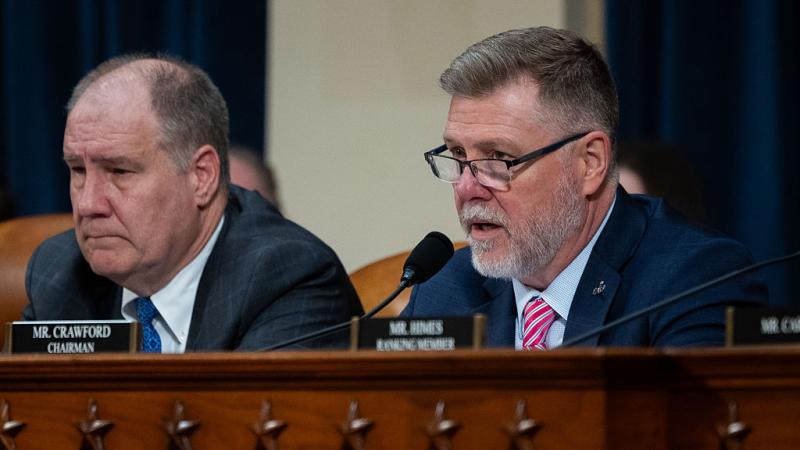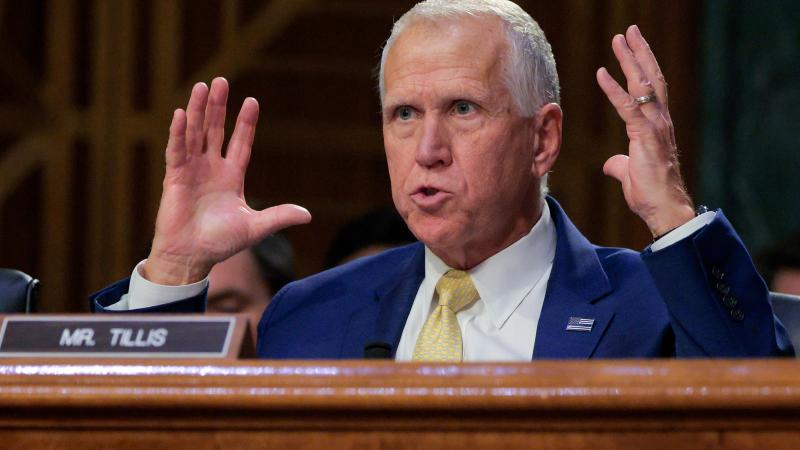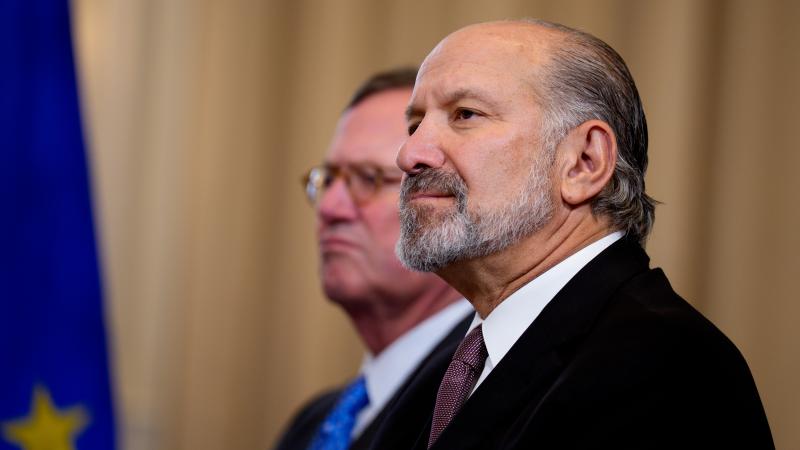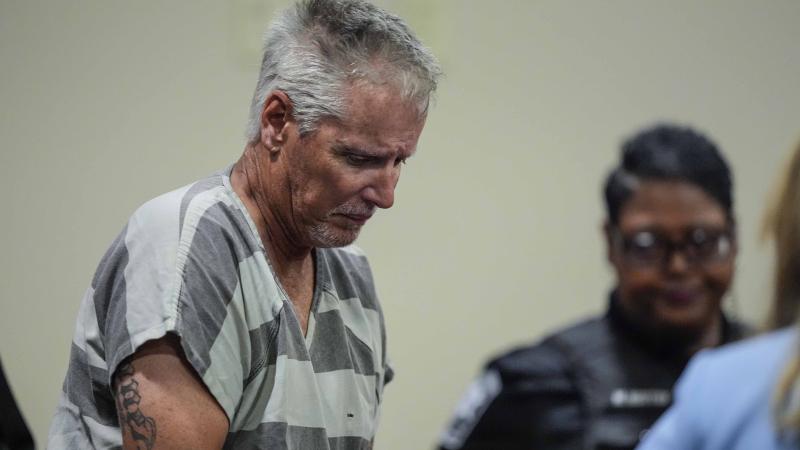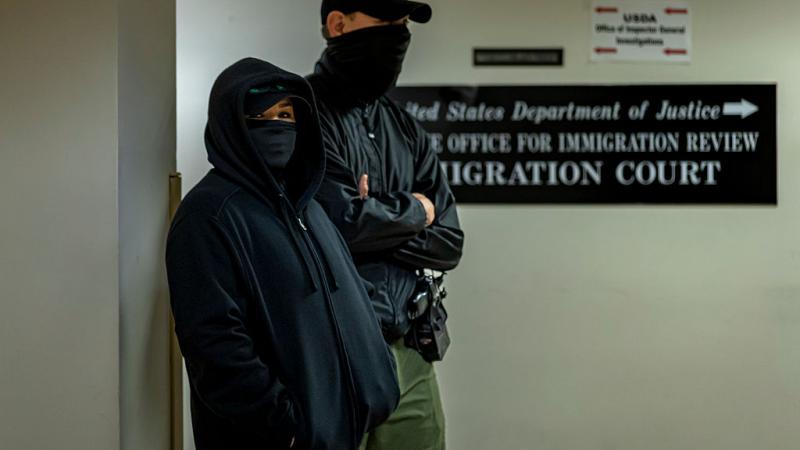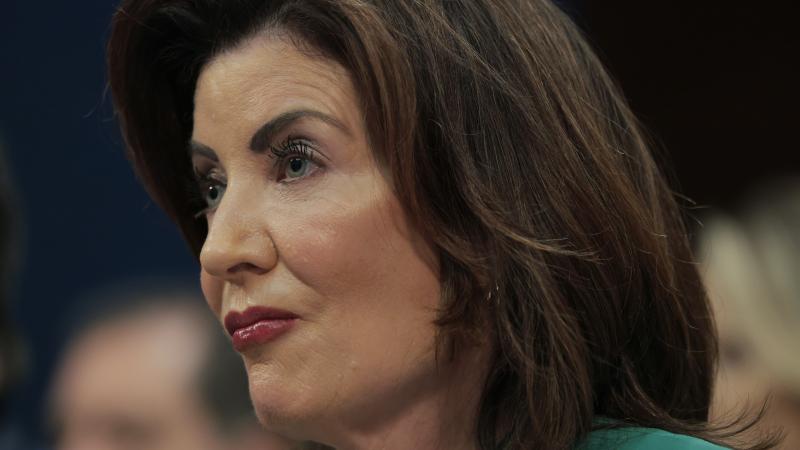House GOP leader vows aggressive probe into federal-Big Tech collusion to censor Americans
Rep. Kevin McCarthy reacts to Just the News report, said DHS collaboration with private censors during 2020 election involves "fundamental violations of the First Amendment."
House Minority Leader Kevin McCarthy, a relentless critic of creeping censorship and cancel culture in America, is vowing an aggressive investigation into federal agencies' collusion with private entities to silence Americans' opinions on Big Tech platforms if Republicans capture control of Congress.
McCarthy's comments Wednesday came after Just the News reported how the departments of State and Homeland Security essentially outsourced censorship activities to a private consortium that facilitated federal officials' requests to censor content on social media platforms during the 2020 election
The sprawling effort impacted over 4,800 web URLs, 20 news organizations, two dozen conservative influencers such as Sean Hannity, Charlie Kirk and Mark Levin and nearly 22 million social media posts, according to the consortium's own internal after-action reports.
McCarthy said the operation, a precursor to the now-dismantled Disinformation Governance Board, was troubling and violated the Constitution.
"I have long been critical of the attempts by Big Tech to censor voices the federal government tells them to," the California Republican told Just the News. "Whether directly through their proposed so-called 'Disinformation Governance Board' or indirectly by using private groups to do the government's bidding, these are fundamental violations of the First Amendment — the foundation of our free society.
"Holding both Big Tech and the government agencies they colluded with accountable will be a top priority of a Republican majority."
Several of McCarthy's fellow House GOP conference members are taking actions to prepare for such a probe.
Rep. James Comer (R-Ky.), the likely chairman of the House Oversight Committee, is preparing notifications to parties to preserve evidence. Rep. Andrew Clyde (R-Ga.), a key member of the House Homeland Security Committee, has drafted legislation to explicitly outlaw federal involvement in any Big Tech censorship activities.
And Rep. Marjorie Taylor Greene (R-Ga.), one of the conservatives targeted for censorship in 2020, is consulting with a lawyer about possibly suing federal and private officials involved in the effort.
McCarthy was one of the earliest members of Congress to warn that a new generation of liberals was trying to wage an unprecedented censorship campaign through allies in government and Big Tech, weaponizing the term "disinformation" to silence rivals and critics.
His warnings — often on social posts that included the hashtag #StoptheBias — date back to 2018 and long predated the rising tide of voices in Washington now concerned about the issue.
"Another day, another example of conservatives being censored on social media," he tweeted in 2018 in demanding then-Twitter CEO Jack Dorsey "explain to Congress what is going on."
For a while, some of the more conservative members of his conference harbored mistrust of McCarthy on the issue, based on secretly recorded comments made by the GOP leader. But McCarthy has since rallied House Republicans behind a common platform to fight censorship, starting with a 2021 framework for legislation that included oversight, accountability and anti-trust actions.
"I have more faith in elected state leaders than in the unelected federal bureaucracy, which is as ideologically homogeneous as Big Tech," McCarthy said last year.
That framework was expanded in the Commitment to America, the detailed policy agenda McCarthy and other Republicans released last month.
Mike Benz, the founder of the nonprofit Foundation for Freedom Online and a former Trump administration State Department official who worked on censorship issues, said federal agencies involved in setting up the outsourced censorship project in 2020 came up with a paradigm to censor everyday Americans who objected to government narratives or actions.
"If you undermine them on social media, by articulating your grievances, you are, in effect committing a cyber attack on critical infrastructure," Benz told the John Solomon Reports podcast on Wednesday. "Now, the cute trick this fuels is that no American can air grievances now, without a pretext for censorship by the Department of Homeland Security."
Benz said the sophisticated apparatus built by liberals in the federal bureaucracy, the news media, Big Tech and the nonprofit world has many of the same attributes that communist China has used to control the free expression of its populace.
"They would talk about basically their envy of the China model, and how when there's populist movements and dissent groups within China, China has the advantage of being able to use its artificial intelligence and being able to use it," he said.
"Now I would say, you know, it's basically a bad knockoff of the Chinese model," he said of the American prototype built by DHS, State and its private partners.

